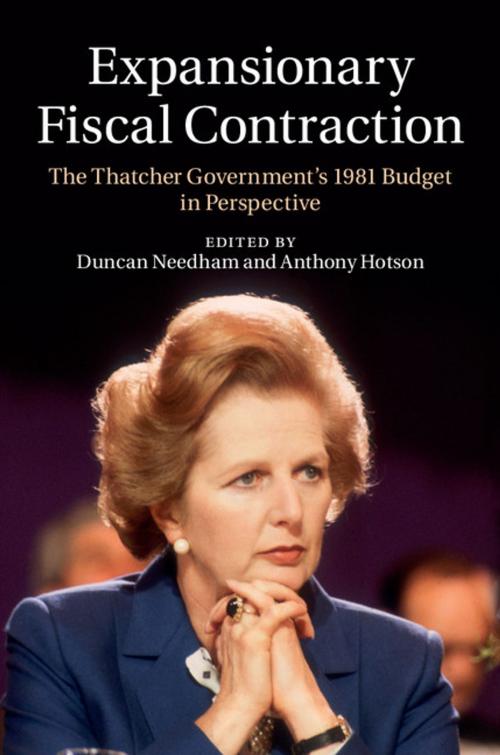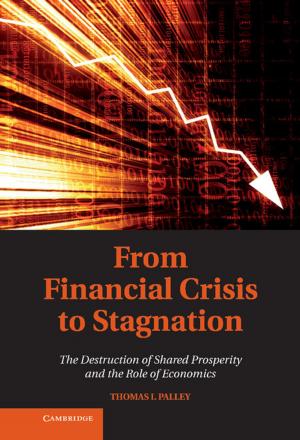Expansionary Fiscal Contraction
The Thatcher Government's 1981 Budget in Perspective
Business & Finance, Economics, Macroeconomics, Nonfiction, Social & Cultural Studies, Political Science| Author: | ISBN: | 9781139985819 | |
| Publisher: | Cambridge University Press | Publication: | September 15, 2014 |
| Imprint: | Cambridge University Press | Language: | English |
| Author: | |
| ISBN: | 9781139985819 |
| Publisher: | Cambridge University Press |
| Publication: | September 15, 2014 |
| Imprint: | Cambridge University Press |
| Language: | English |
In its 1981 Budget, the Thatcher government discarded Keynesian counter-cyclical policies and cut Britain's public sector deficit in the depths of the worst UK recession since the 1930s. Controversially, the government argued that fiscal contraction would produce economic growth. In this specially commissioned volume, contributors examine recently released archives alongside firsthand accounts from key players within No. 10 Downing Street, HM Treasury and the Bank of England, to provide the first comprehensive treatment of this critical event in British economic history. They assess the empirical and theoretical basis for expansionary fiscal contraction, drawing clear parallels with contemporary debates on austerity in Europe, USA and Japan in the wake of the recent global financial crisis. This timely and thoughtful book will have broad appeal among economists, political scientists, historians and policy makers.
In its 1981 Budget, the Thatcher government discarded Keynesian counter-cyclical policies and cut Britain's public sector deficit in the depths of the worst UK recession since the 1930s. Controversially, the government argued that fiscal contraction would produce economic growth. In this specially commissioned volume, contributors examine recently released archives alongside firsthand accounts from key players within No. 10 Downing Street, HM Treasury and the Bank of England, to provide the first comprehensive treatment of this critical event in British economic history. They assess the empirical and theoretical basis for expansionary fiscal contraction, drawing clear parallels with contemporary debates on austerity in Europe, USA and Japan in the wake of the recent global financial crisis. This timely and thoughtful book will have broad appeal among economists, political scientists, historians and policy makers.















